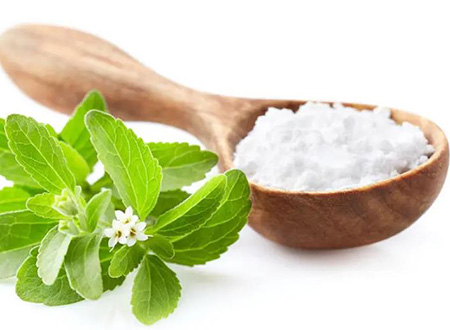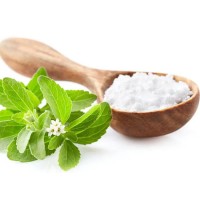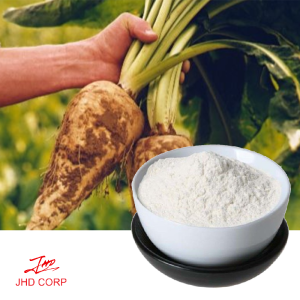Why is inulin supplement included in healthcare food?
Inulin is a kind of soluble dietary fiber, which is completely soluble in water. Inulin is found in a wide range of natural plants, mainly from...
Inulin is a kind of soluble dietary fiber, which is completely soluble in water. Inulin is found in a wide range of natural plants, mainly from chicory, Jerusalem artichoke and other plants.
As a natural functional ingredient, inulin has been approved as a nutritional supplement by more than 40 countries in the world, and is widely used in dairy products, beverages and health food.

What are the benefits of inulin?
1. Help you lose weight
As a dietary fiber, inulin is able to provide satiety and reduce appetite, thereby reducing calorie intake.
2. Improve constipation
Inulin 90% can promote the growth of bifidobacteria in the intestinal tract and reduce the level of choleophilia, thus helping to improve the intestinal environment. Inulin has a good water storage, which is also helpful in improving constipation.
3. Improve high blood lipids
When gut bacteria ferment inulin, they produce large amounts of short-chain fatty acids. These short chain fatty acids can improve the body's metabolism. Inulin also increases levels of high-density cholesterol (HDL) and helps them control blood sugar.
4. Improve gastrointestinal function
Daily ingestion of inulin can greatly increase the beneficial bacteria in the colon, reduce pathogenic bacteria and spoilage bacteria, such as Salmonella, Listeria, Staphylococcus aureus, coliform bacteria, etc. The mechanism is that inulin is not digested and absorbed but directly enters the large intestine and is preferentially used by bifidobacterium to produce acetate and lactate, which reduces the PH value of the large intestine and thus inhibits the growth of harmful bacteria.















